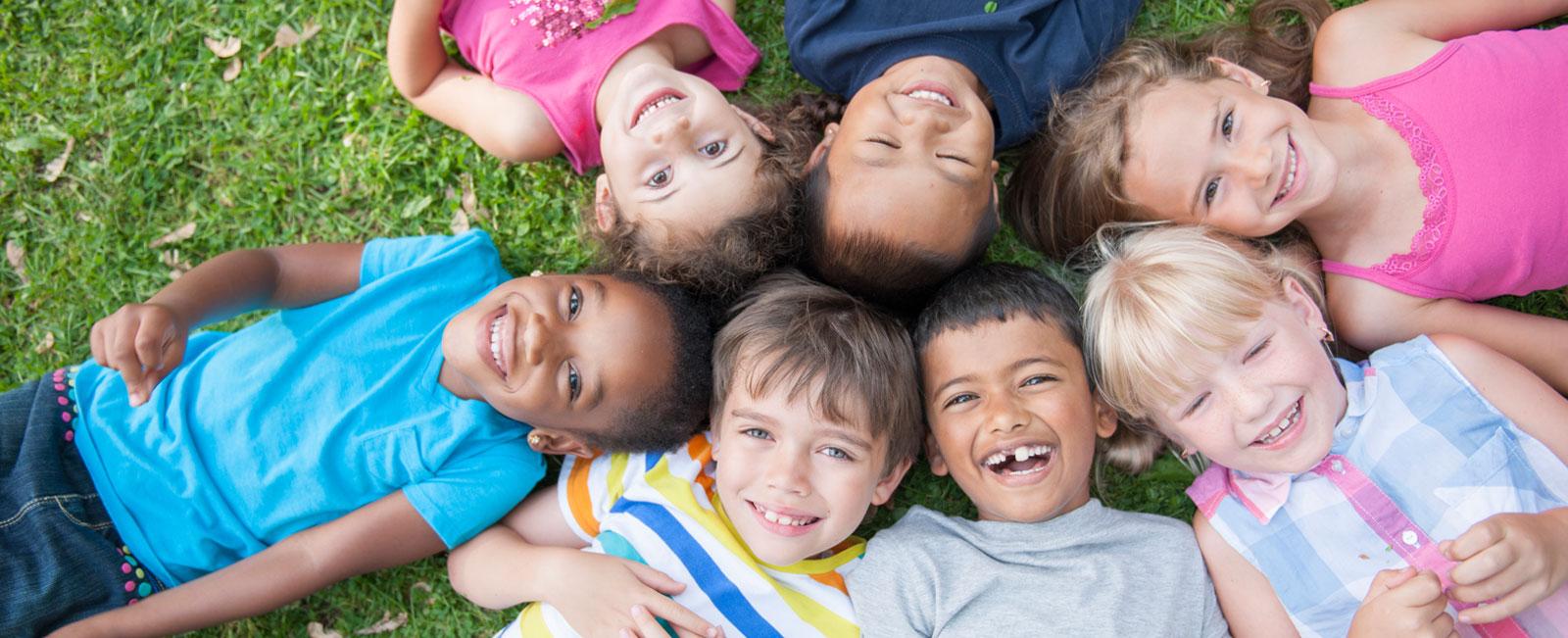Quest for Quality Podcast
Listen along for bite-sized insights surrounding quality program practices. Led by the dedicated STARS Coaches from Community Connections for Children, serving ELRC Regions 8, 9, & 10, this podcast is your go-to source for early learning and child development information and resources.

